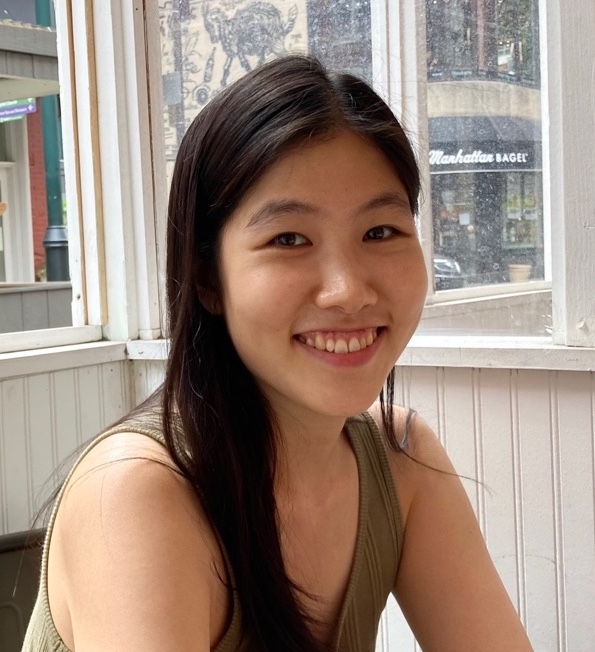Hi, thanks for visiting!👋
I am a cognitive neuroscientist studying how the brain works, with a focus on memory and attention. I conduct naturalistic behavioral experiments during functional magnetic resonance imaging to examine brain-wide activity and interaction dynamics. I develop computational models to simulate cognitive processes and the underlying brain circuits. My goal is to understand how the human brain gives rise to everyday cognition and behavior, and to conduct science that benefits people and society. I am passionate about slow and open science practices and across-field collaborations.
I am currently doing a postdoc at the Center for Theoretical and Computational Neuroscience at Washington University in St. Louis, where I mainly work with ShiNung Ching and Zach Reagh. I received a PhD in Psychology (Integrative Neuroscience) from the University of Chicago, advised by Monica Rosenberg and Yuan Chang Leong. I received an MS in Biomedical Engineering and a BA in Psychology from Sungkyunkwan University in Korea, advised by Won Mok Shim and Min-Suk Kang.

